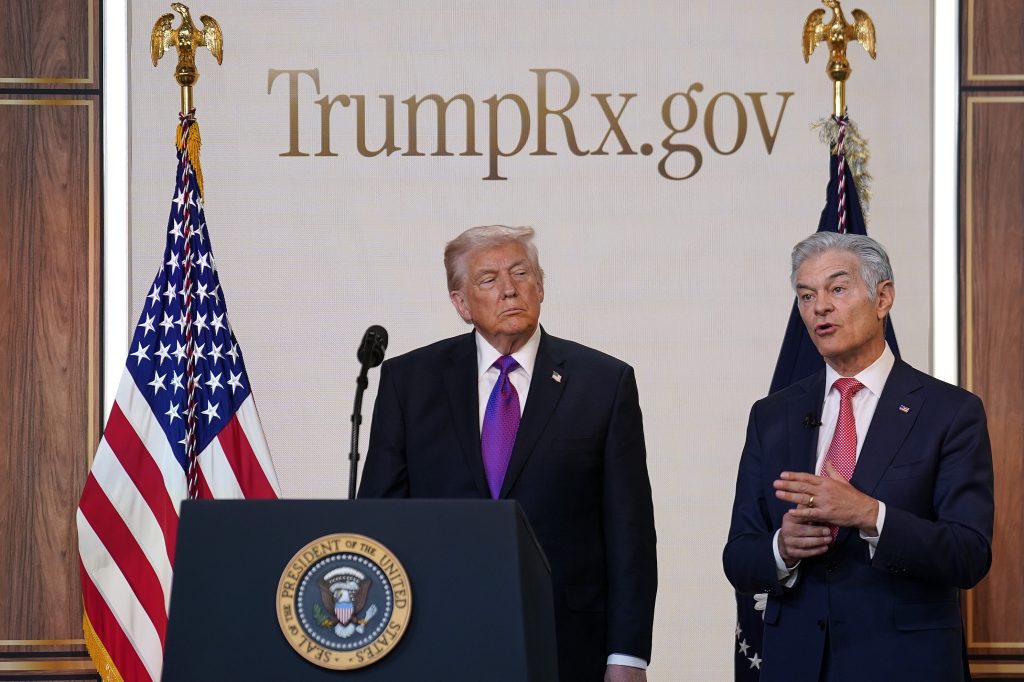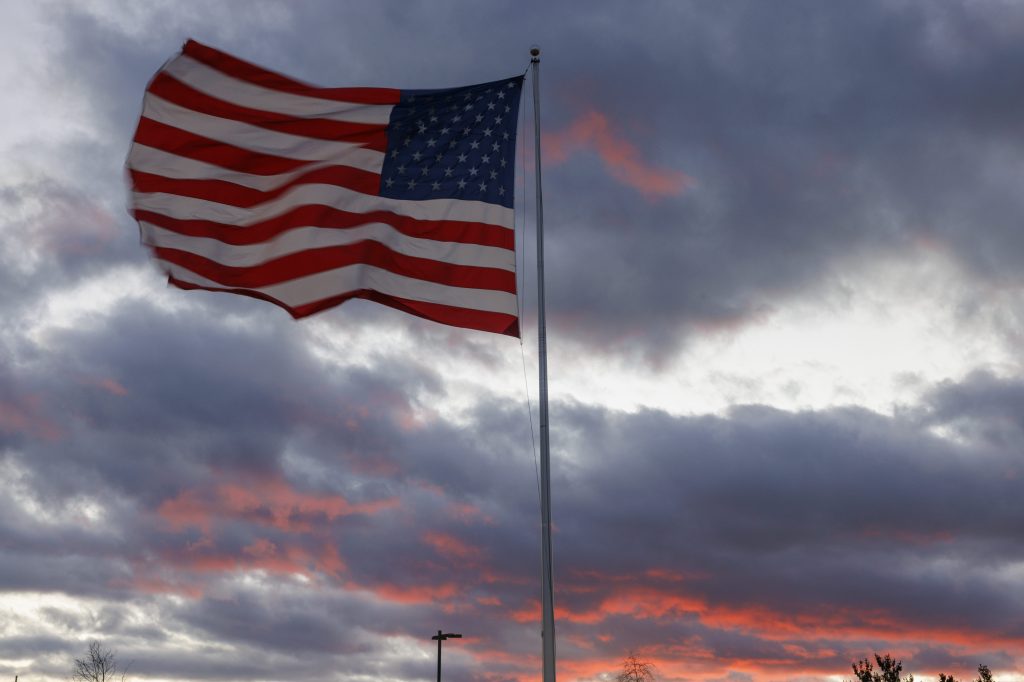In a bid to extend a crackdown on illegal mergers and acquisitions, the two main antitrust agencies in the US finalized a sweeping overhaul of rules the government uses to determine whether deals violate competition law.
The new guidelines from the Department of Justice (DOJ) and Federal Trade Commission
Register for free to keep reading
To continue reading this article and unlock full access to GRIP, register now. You’ll enjoy free access to all content until our subscription service launches in early 2026.
- Unlimited access to industry insights
- Stay on top of key rules and regulatory changes with our Rules Navigator
- Ad-free experience with no distractions
- Regular podcasts from trusted external experts
- Fresh compliance and regulatory content every day












